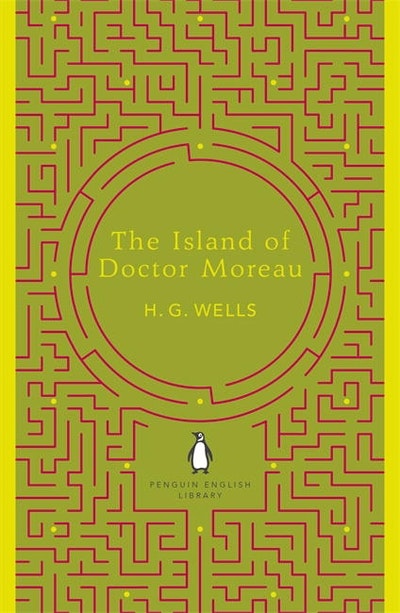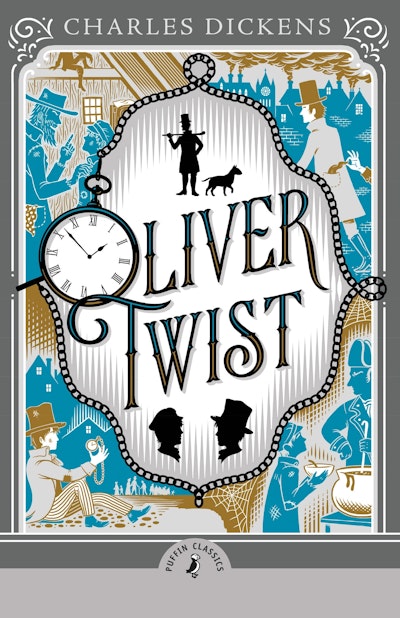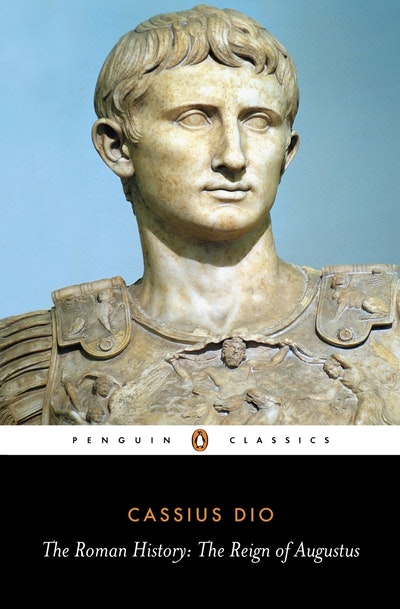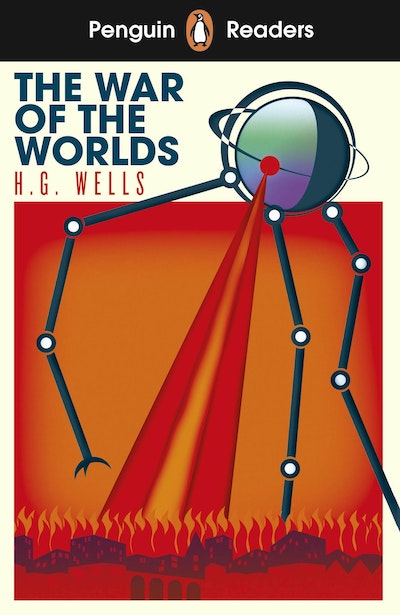- Published: 21 November 2012
- ISBN: 9780141389394
- Imprint: Penguin Classics
- Format: Paperback
- Pages: 160
- RRP: $27.99
The Island of Doctor Moreau
The new paperback series: Penguin English Library
'That black figure, with its eyes of fire, struck down through all my adult thoughts and feelings, and for a moment the forgotten horrors of childhood came back to my mind'
Adrift in a dinghy, Edward Prendick, the single survivor from the good ship Lady Vain, is rescued by a vessel carrying a profoundly unusual cargo - a menagerie of savage animals. Tended to recovery by their keeper Montgomery, who gives him dark medicine that tastes of blood, Prendick soon finds himself stranded upon an uncharted island in the Pacific with his rescuer and the beasts. Here, he meets Montgomery's master, the sinister Dr. Moreau - a brilliant scientist whose notorious experiments in vivisection have caused him to abandon the civilised world. It soon becomes clear he has been developing these experiments - with truly horrific results.
- Published: 21 November 2012
- ISBN: 9780141389394
- Imprint: Penguin Classics
- Format: Paperback
- Pages: 160
- RRP: $27.99
Other books in the series
About the author
Related titles
Praise for The Island of Doctor Moreau
A grisly Darwinian heart-of-darkness fantasy
Daily Telegraph
A master writer
Guardian
The Island of Dr. Moreau takes us into an abyss of human nature. This book is a superb piece of storytelling
V. S. Pritchett
A dark and sinister fable about science versus nature. Beware the House of Pain!
The Times
The Island of Doctor Moreau is one of those books that, once read, is rarely forgotten
Margaret Atwood
A lurid Darwinian nightmare...pushes unnervingly at the boundaries of what it is to be human and still reads as freshly as when it was first published.
Evening Standard

































































































































































































































































































































































































































































































































































































































































































































































































































